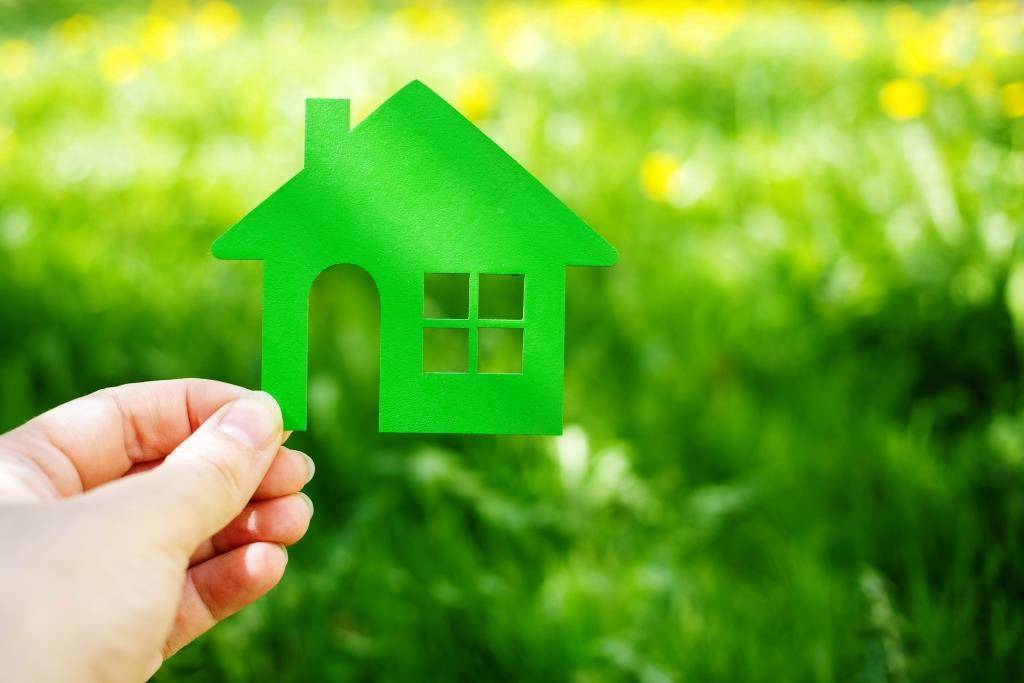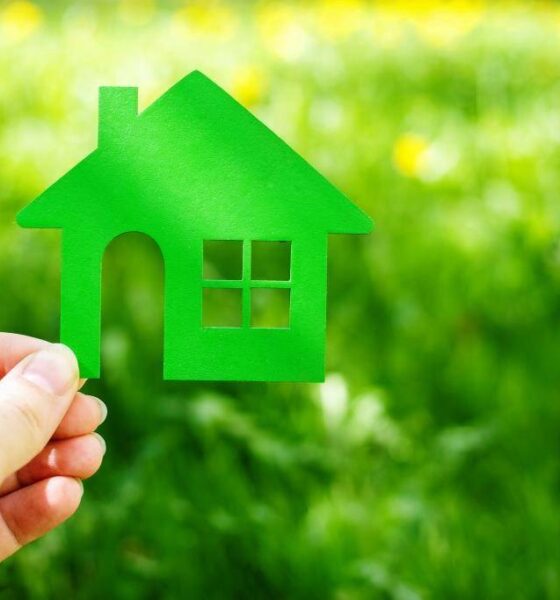

Environment
4 of the Most Eco-Friendly Building Materials Used Today
One topic in regards to building construction that many people and businesses alike have been paying more attention to in recent years is environmental impact. In the construction industry especially, utilizing building materials that are more environmentally friendly is becoming much of a higher priority.
If you want to reduce the environmental impact of your building or construction process as much as possible, you’ll want to be aware of the most eco-friendly building materials, right?
Here are four of the most eco-friendly building materials used today:
1 – Bamboo
Contrary to what many people think, bamboo is actually a grass and not a wood. But even so, most people probably could not tell the difference between a hardwood floor and a bamboo floor. And since bamboo is a far more sustainable material than hardwood, it makes sense for why you should use it.
Bamboo is a very versatile and fast growing material. It only takes around three years for it to mature, which is far faster than hardwood trees. It can also be used in lobbies, show rooms, commercial buildings, and homes alike.
On top of that, bamboo is also very lightweight, and requires less energy in order to transport in contrast to many other kinds of building materials. Overall, you can just think of bamboo as a more energy efficient and cheaper version of hardwood flooring, and you can use it for the same kinds of applications.
2 – Polyurethane Foam
Another one of the most modern eco-friendly materials is polyurethane foam. Polyurethane foam is actually one of the most versatile and widely used building materials in existence. It’s commonly used in homes and residential buildings for insulation, where it is adept at both keeping in cool air in the summer and hot air in the summer. The polyurethane can mold into all sorts of different shapes, which makes it very efficient at insulating buildings in the cracks and other hard to get areas.
Polyurethane is also used in vehicles for insulation as well, and to help protect the car from the the heat of the engine. It’s also used as a cushioning material in the car seats, head rests, and armrests as well.
In fact, polyurethane can be used so effectively as a cushion (because it contours very well to the shape of your body), that it’s commonly used in hospital beds, home beds, chairs, and sofas. A lot of memory mattresses will use polyurethane foam as one of the major construction ingredients for this very reason.
3 – Pre-Cast Concrete
Pre-cast concrete slab is concrete that is formed at the location of the manufacturer and then shipped to construction sites in whole sections. The outside layers of the concrete will often cover over a lightweight insulating filler material on the, or otherwise they will be made completely out of concrete but have hollowed out spaces on the inside.
Precast concrete slabs are usually used for building facades and walls, and are so widely utilized because they can hold up to many different kinds of bad weather. Furthermore, precast concrete also has a very high sustainability factor, especially in comparison to many more traditionally poured concrete options.
Recycled Steel and Aluminum
Steel and aluminum are already high embodied energy materials as a result of the energy that is needed to produce them in the first place. However, each time the metal is recycled into something new, the embodied energy lowers, and the sustainability of the metal increases.
Since you’re not extracting raw aluminum, each time you recycle you essentially remove the entire extraction and processing component. Recycled aluminum and steel in particular are both very long lasting and are not in need of frequent replacement. They are also often used for building facades, roofs, and structural supports because they do not warp or burn easily, and they are fully water and pest resistant.
The Most Eco-Friendly Building Materials Used Today
Eco friendly construction isn’t just good for the environment; it’s good for your business too because a sustainable remodel of a home or commercial building can help to save you money while also protecting your neighborhood and community.
If you agree that environmentally friendly construction processes should be a priority for you, then keep the above construction materials that we have covered here today in mind.


 Environment12 months ago
Environment12 months agoAre Polymer Banknotes: an Eco-Friendly Trend or a Groundswell?

 Features11 months ago
Features11 months agoEco-Friendly Cryptocurrencies: Sustainable Investment Choices

 Features12 months ago
Features12 months agoEco-Friendly Crypto Traders Must Find the Right Exchange

 Energy11 months ago
Energy11 months agoThe Growing Role of Solar Panels in Ireland’s Energy Future
















